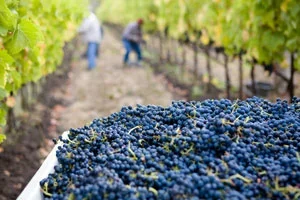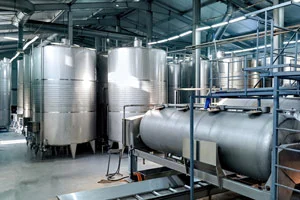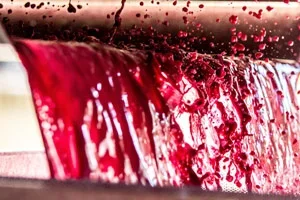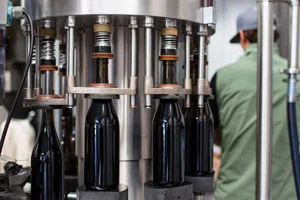Respectful clarifications
Before defining the aromatic or taste profile of a wine, it is important to examine those compounds that are interfering with its quality by contributing astringency, increasing brownish tones or enhancing bitterness and dryness. When there are a very high quantity of polyphenols, in particular tannins, or when derived from grapes with incomplete maturity, they will be especially reactive with saliva proteins, and will be notable out during wine consumption over more noble compounds, such as aromas, sweeter tannins or polysaccharides. In these cases, it is important to perform clarifications to limit our perception of them, always working with respect for the wine’s matrix.
Why clarify a wine?
We assess the need to clarify a wine by taking into account the different aspects on which we are going to focus our efforts, using in each case the most suitable raw material for the desired objective and the specificity of each fining agent, whether organic or inorganic in nature.
When planning winemaking times, which must consider that clarification is a process that requires a period for the fining agent to react with the substrate, precipitating and compacting, optimizing the performance of the operation and reducing the lees formed.
The high demand for protein-based fining agents has made them the subject of constant research in oenology. In addition, a society that increasingly shows greater respect for the products they consume, has led to the development of fining agents with greater specificity and quality within the organic and vegan categories.
Research carried out in recent years has allowed us to obtain a fining agent whose nature is a pea protein which, after physical treatment, acquires a high specificity with the most astringent tannins in red wines and those responsible for the brownish tones in white and rosé wines, resulting in wines that are more pleasant in the mouth and with fresher tones.
In addition, the studies developed to obtain Proveget Premium have focused on covering the most controversial aspects of vegetable proteins, such as their fining capacity (precipitation and compaction) and the organoleptic respect of the wines treated with them. In the case of Proveget Premium, its extraction and post-treatment process makes it possible to obtain a protein with high fining efficiency and varietal respect for the wines.





